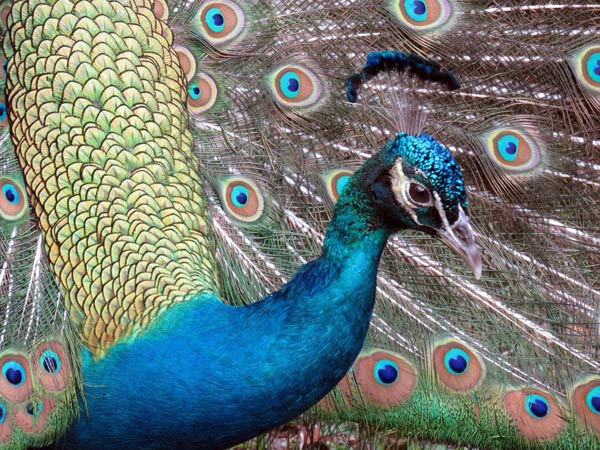Dancing Peacock Paradise
Special Issue: The Yezidis of Iraq

|
|
|
Here is how you can help Yezidis.
Help to ease the suffering of one Yezidi family at a time. I have promised to help this Yezidi family. Go to our fund raising page and contribute with $10, $25, $100 or any amount that feels right to you.
|
|

|
|
Yezidi families had to flee their native district Shingal for their lives when ISIS overran northern Iraq in 2014. Forced to live in harsh conditions year-round in camps in Kurdistan, family members find no employment while they subsist on aid as refugees within their own country.
|
|
 Rakan Edo, a translator (at right), had been helping Patrick to translate official documents when his twelve year old brother Hafal suffered a serious eye injury: total retina detachment and PVR. Hafal urgently needed a cataract and pars plana vitrectomy operation. Rakan Edo, a translator (at right), had been helping Patrick to translate official documents when his twelve year old brother Hafal suffered a serious eye injury: total retina detachment and PVR. Hafal urgently needed a cataract and pars plana vitrectomy operation.
The operations had to be done quickly if Hafal was to have a chance of keeping his vision. When WestEye Hospital's eye surgeon Dr. Noor el Din offered to do all the procedures at a reduced fee of US $3,300, Hafal's family still despaired since they only had $200 left by then.
In September Hafal's older brother Rakan then reached out to Patrick Harrigan, who organized a Facebook fundraiser that just raised the $2,000 down payment due to WestEye Hospital before the procedures could begin.
Happily, the procedures were deemed to be successful. However, Hafal's family now has to pay the balance $1,300 owed to the hospital. And t hey have spent several hundred dollars on four long distance trips by hired car, overnight stays in the city, meals, and medical tests. hey have spent several hundred dollars on four long distance trips by hired car, overnight stays in the city, meals, and medical tests.
So we need to raise a further US$2,000 to settle the hospital bill and to save his family from financial destitution.
This fund raising campaign is being coordinated by Hafal's older brother Rakan and by Patrick Harrigan of Gainesville, Florida, USA who has been working with Yezidis on a daily basis since 2014. Rakan and Patrick are in daily contact by phone and text. We will keep our donors and friends posted until Hafal and his family get through this crisis.
Thanks and appreciation to everyone who has had a role so far in bringing help and hope to Hafal and his family! |
|
|
|
|
|
|
|
|

